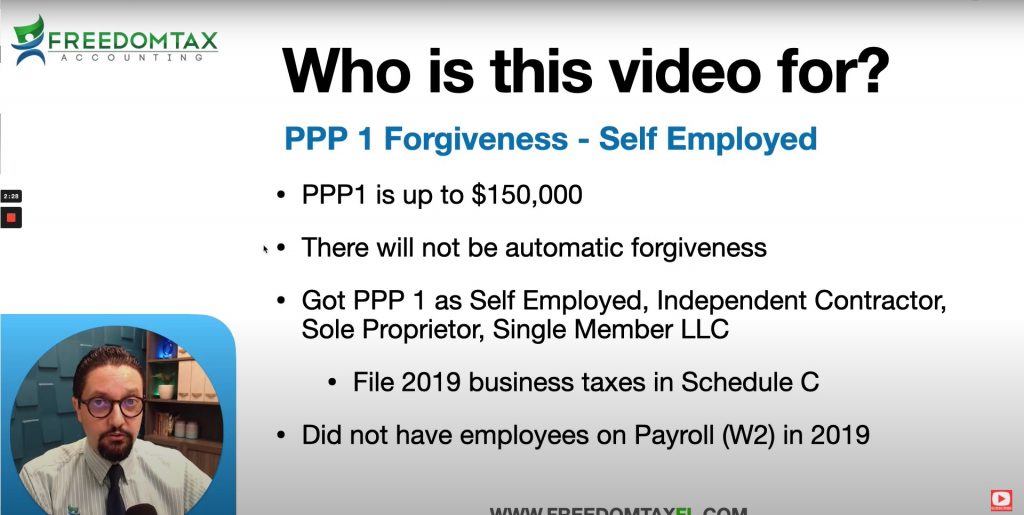Once the CWALT is not a party compared to that litigation, the fresh going tips of the certificate holders aren’t safely ahead of that it Judge; no matter if these people were, but not, plaintiff’s allege create nevertheless fail, because the their contentions out-of CWALT’s not enough agreement is actually conclusory and you can without having informative service.
Its undeniable that CWALT isnt a great “people not familiar” to plaintiff; as a result, CWALT is not found in plaintiff’s wider description from unnamed defendants.
Even though it is possible that defendants have did not go after the right foreclosures methods, its undeniable you to defendants encountered the to foreclose based through to plaintiff’s default in mortgage

Plaintiff’s last claim seeks an effective decree out of this Courtroom that debated house is 100 % free and free from every encumbrances, including the Deed off Believe. Plaintiff’s amended quiet identity allege try just like that claim into the their earlier in the day criticism, except that plaintiff contributes a section stating that defendants’ attract “within the plaintiff’s property is actually instead of quality because the plaintiff’s note are split out-of plaintiff’s deed out of believe of the defendants, tranched, and you will offered so you can divergent investors.” SAC 49.
With the rest of plaintiff’s declaratory wisdom allege is actually contingent upon new end you to any loan when you look at the MERS system is unenforceable
The factual allegations supporting the complaint are once again conclusory. With the exception of the additional paragraph, the entirety of plaintiffs fourth claim states that “[p]laintiff Iowa personal loans is the owner in possession of real property . . . [defendants are] not in possession of plaintiff’s real property . . . [defendants] claim a right [which] . is adverse to plaintiff’s interest.” Id. at 37-43. Accordingly, plaintiff continues to merely allege the elements of a claim to quiet title. Come across Or. Rev. Stat. (“Any person claiming an interest or estate in real property not in the actual possession of another may maintain a suit in equity against another who claims an adverse interest”).
More importantly, however, plaintiff’s claim fails as a matter of law. To secure a judgment quieting title, plaintiff must establish that she has “a substantial interest in, or claim to, the disputed property and that [her] title is superior to that of defendants.” Coussens v. Stevens, 200 Or.App. 165, 171, 113 P.3d 952 (2005) (citing Or. Rev. Stat. ; and Faw v. Larson, 274 Or. 643, 646, 548 P.2d 495 (1976)). While this standard “does not require the plaintiff’s title to be above reproach, it does require that [plaintiff] prevail on the strength of [her] own title as opposed to the weaknesses of defendants’ title.” Id., (citations and internal quotations omitted).
As mentioned regarding the Thoughts, plaintiff is unable to allege the fresh new supremacy from her own name because the she don’t possess one ownership need for the new debated property:
a person may bring an equitable quiet title action to obtain resolution of a dispute relating to adverse or conflicting claims to real property. Spears v. Dizick, 235 Or.App. 594, 598, 234 P.3d 1037 (2010). Thus, because plaintiff is unable to cure the default, she no longer has a valid claim for entitlement to the property. As such, there are no conflicting claims to the property for this Court to resolve.
Plaintiff’s 2nd revised issue alleges no new activities according to their capability to eradicate new standard otherwise defendants’ to foreclose; therefore, plaintiff will not render a grounds where she is called so you can quiet title. Instead, since plaintiff are lawfully into the standard, she not provides an ownership need for this new disputed property. Hence, the reality that defendants allegedly impermissibly split brand new Mention about Deed away from Faith will not advance plaintiff’s allege. Ergo, defendants’ motion to write off is offered regarding plaintiff’s last allege.
